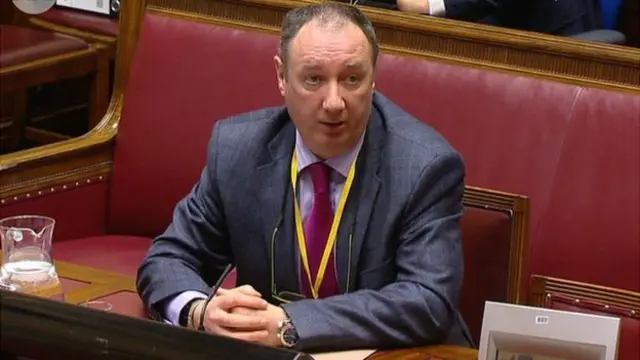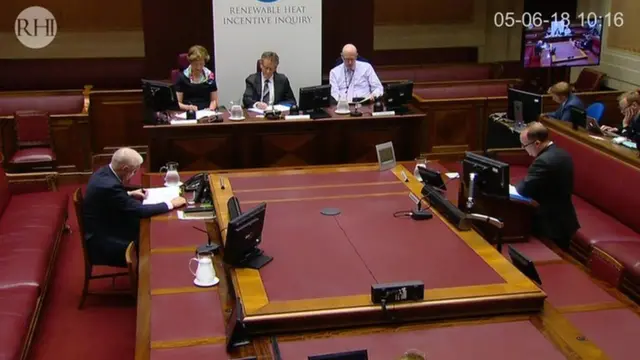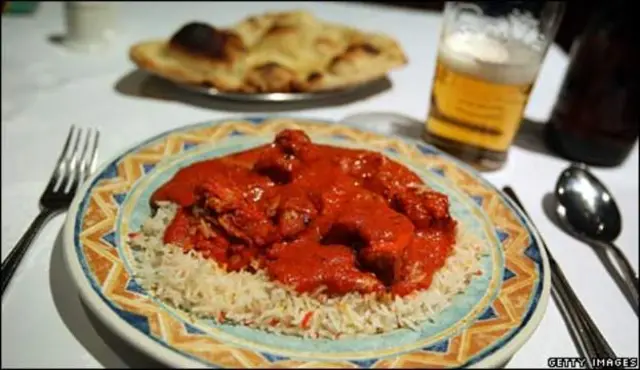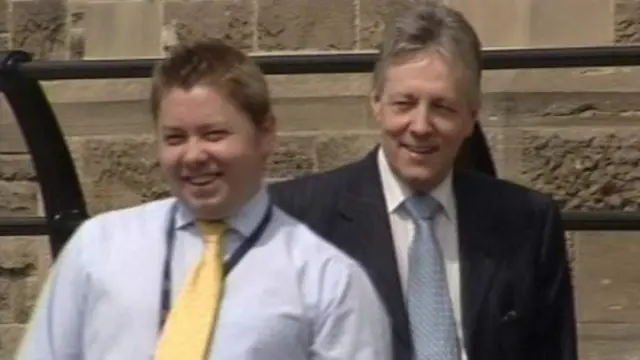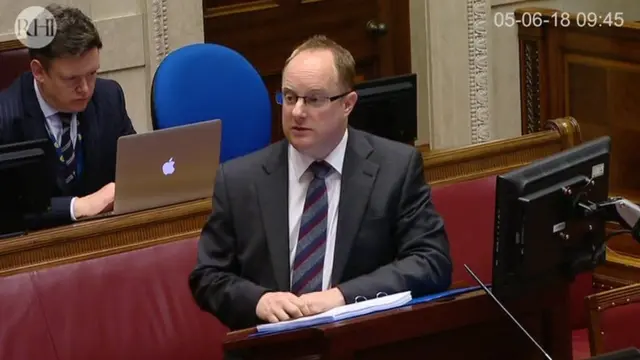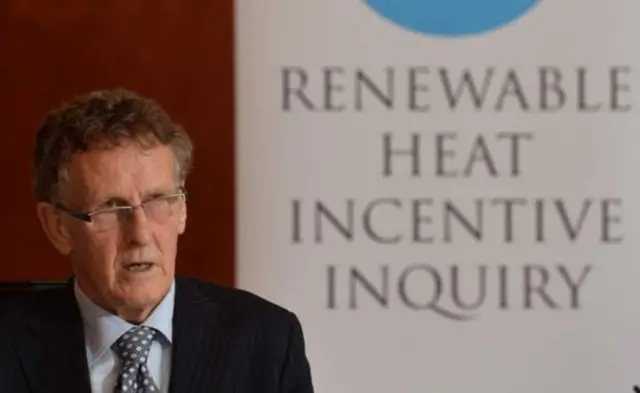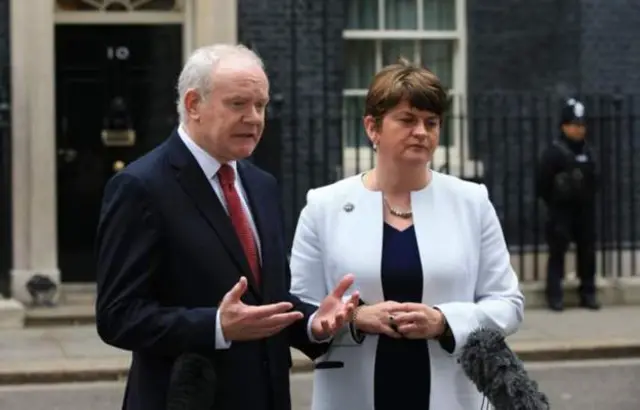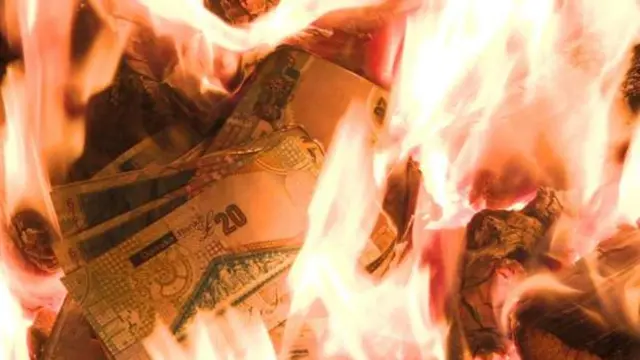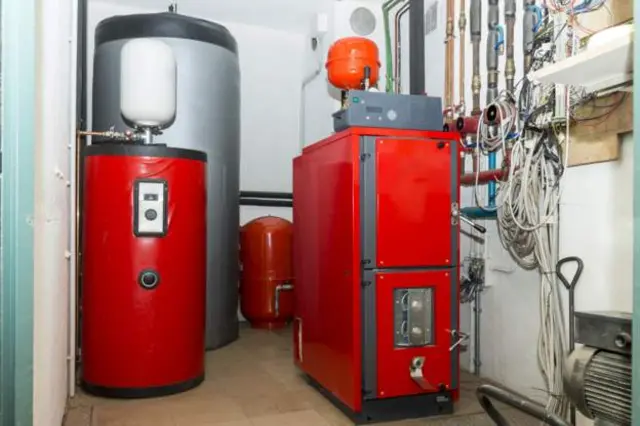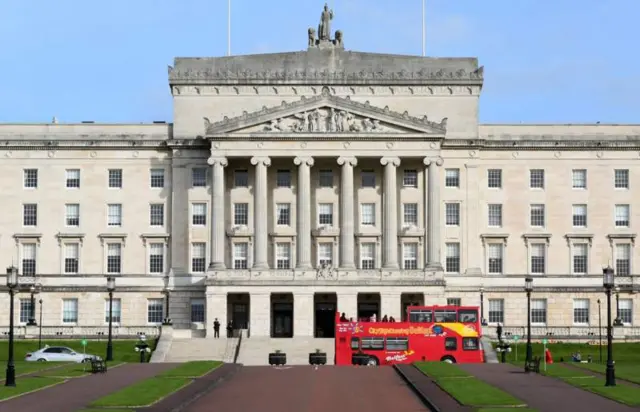'Was Mr Johnston on a frolic of his own?'published at 11:32 BST 5 June 2018
We turn now to the written evidence of Peter Robinson (seen below), the former DUP leader who was first minister at the time.
He says that he wasn't aware of any communication between Timothy Johnston and anyone else regarding the RHI scheme.
He also says there was no DUP party line on RHI.
"Mr Robinson's evidence doesn't take the inquiry much further as to what communications there were during the summer of 2015," says Mr Scoffield.
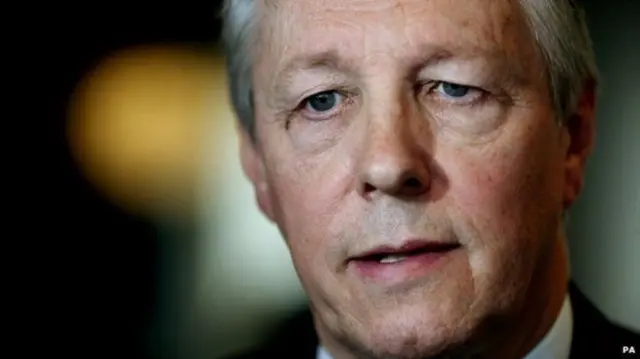 Image source, PA
Image source, PAHowever, the inquiry counsel says that if Mr Robinson's evidence is correct then if Timothy Johnston played the role described by Mr Cairns then "it might be thought that he was on a frolic of his own, as lawyers sometimes say".
Inquiry chair Sir Patrick Coghlin observes that either Mr Robinson knew what was going on "or if he didn't know, the SPADs were running the show".
Mr Scoffield notes that Mr Johnston says he was not involved at all.
